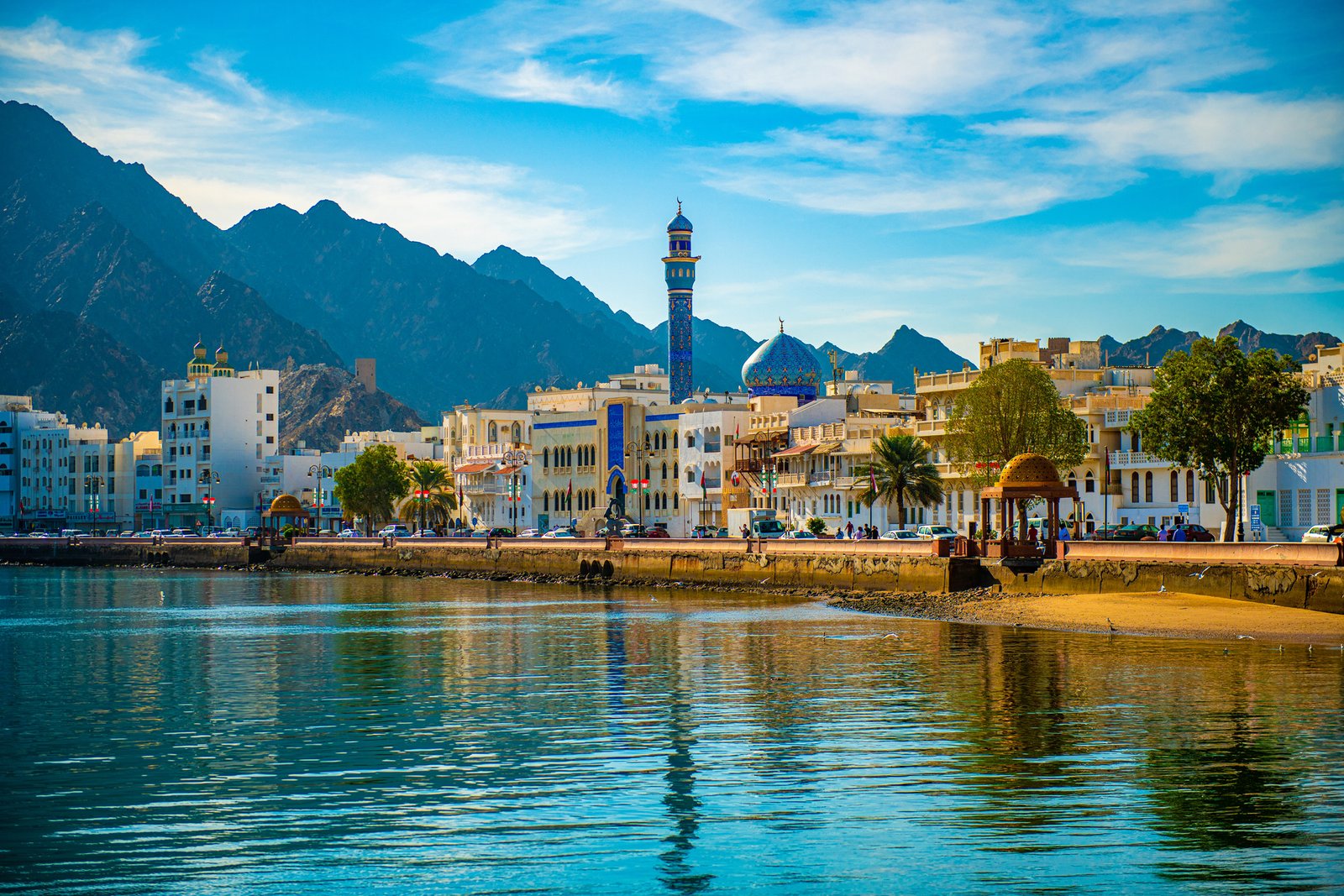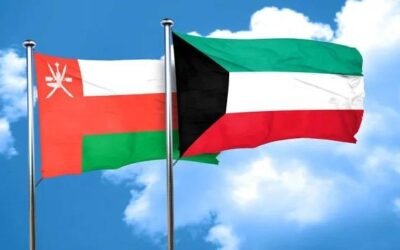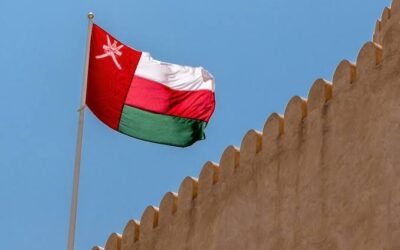Why Muscat, Oman, Was Chosen for Iran-US Mediations Amid the Israel Conflict
Published: June 19, 2025
Introduction
The ongoing negotiations between Iran and the USA, particularly in the context of the current war with Israel, have frequently taken place in Muscat, Oman. But why has Oman emerged as the preferred mediator in these high-stakes talks? This article explores the strategic, diplomatic, and geopolitical reasons behind Muscat’s pivotal role in facilitating dialogue between these adversarial nations.
1. Oman’s Long-Standing Neutrality and Mediation Expertise
Oman has built a reputation as a neutral mediator in Middle Eastern conflicts, maintaining balanced relations with both Western powers and Iran. Key factors include:
- Ibadi Islam Tradition: Unlike Sunni-majority Saudi Arabia or Shia-led Iran, Oman follows Ibadi Islam, a moderate branch that avoids sectarian alignments, making it a trusted intermediary.
- Track Record of Success: Oman facilitated secret US-Iran talks in 2013, leading to the 2015 nuclear deal (JCPOA), and brokered the 2023 US-Iran prisoner swap, proving its credibility.
2. Strategic Location and Economic Interests
Oman’s geography and economy make it a natural hub for mediation:
- Proximity to the Strait of Hormuz: A critical oil chokepoint, making regional stability vital for global energy markets.
- Vision 2040 Economic Goals: Oman seeks foreign investment and infrastructure development, and hosting high-profile talks enhances its geopolitical relevance.
3. Strong Diplomatic Ties with Iran
Unlike other Gulf nations, Oman has maintained strong relations with Tehran:
- Trade Growth: Bilateral trade between Oman and Iran increased by 35% in 2024.
- Houthi Mediation: Oman has hosted Iran-backed Houthi delegations, giving it unique leverage in regional conflicts.
4. US Trust in Oman’s Mediation Capabilities
The US prefers Muscat for indirect talks due to:
- Discreet Diplomacy: Past negotiations (like the 2025 nuclear freeze proposal) were conducted via Omani messengers shuttling between US and Iranian delegations.
- Balanced Proposals: Oman’s temporary enrichment freeze idea (with IAEA oversight) was seen as a pragmatic step toward de-escalation.
5. Crisis Management in the Israel-Iran Conflict
After Israel’s 2025 strikes on Iran, Oman quickly proposed a ceasefire framework to salvage nuclear talks. Iran insisted on Muscat as the venue, refusing direct talks unless hostilities paused—a condition Oman could facilitate.
6. Avoiding Regional Rivalries
Unlike Saudi Arabia or the UAE, Oman has:
- No Anti-Iran Alliances: It stayed neutral in the Saudi-led Yemen war, avoiding direct confrontation with Tehran.
- No Sectarian Bias: Its neutrality prevents talks from collapsing over Sunni-Shia tensions.
Conclusion: Why Muscat Remains the Go-To Mediator
Muscat’s selection as the negotiation hub for US-Iran talks—especially during the Israel conflict—stems from its neutrality, strategic location, and proven mediation success. As tensions escalate, Oman’s role as an impartial facilitator becomes even more critical in preventing a wider regional war.
Key Takeaways
- Oman’s neutral stance makes it a trusted mediator.
- Its economic and geographic interests align with regional stability.
- Strong ties with Iran and US confidence ensure productive talks.
- Muscat’s crisis management helps de-escalate conflicts like the Israel-Iran war.
By understanding these factors, it’s clear why Muscat, Oman, remains the top choice for high-stakes diplomacy in the Middle East.




